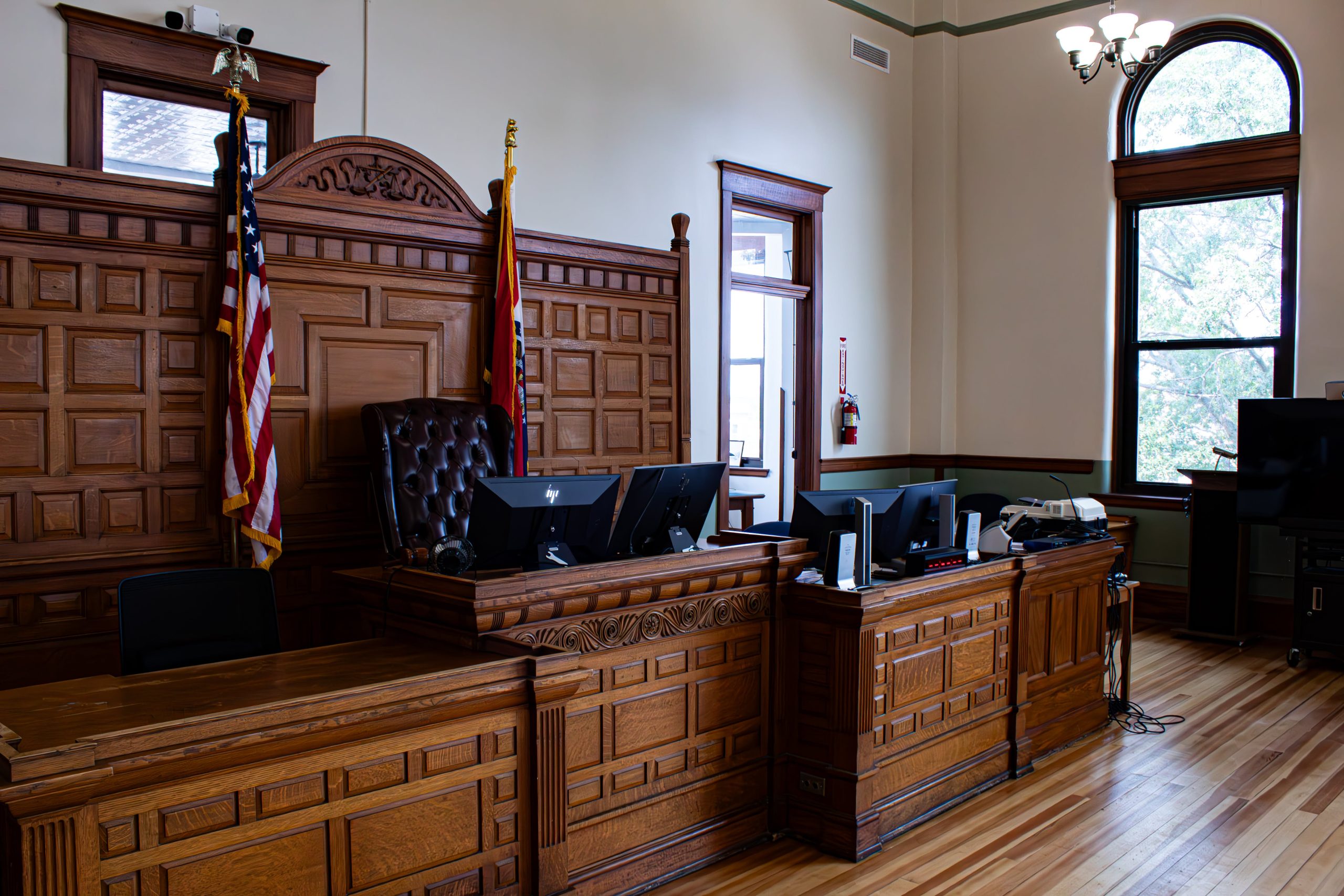Title IX, Criminal Law and Civil Remedies: How to Approach Concurrent Proceedings
We have repeatedly discussed on this blog how schools handle sexual misconduct allegations through internal grievance procedures. However, students involved in these processes must remember that the conduct that gives rise to Title IX allegations may also give rise to civil and criminal legal proceedings. Students involved in school misconduct cases need to understand how these different proceedings may intersect and impact one another before deciding how to approach their cases.
University Title IX and sexual misconduct policies prohibit sexual harassment, which includes sexual assault, dating violence, and stalking. All these behaviors are also criminal—though the definitions used in the criminal law and in school policies may differ. For example, in Massachusetts criminal law, indecent assault and battery is defined as an intentional, unjustified touching of a person’s private areas (a term that has been defined through case law to include various body parts). In many college and university policies sexual assault means sexual acts without consent, which is often defined as “affirmative, voluntary, knowing, and continuous agreement to engage in a specific form of sexual activity” (to quote the Wellesley College policy). All criminal sexual activity is generally also prohibited by school sexual misconduct policies, but there are categories of sexual misconduct that are prohibited by schools but may not be criminal.
Schools are not required to wait for a police investigation or criminal prosecution to conclude before they move forward with their own sexual misconduct investigations, though the 2020 federal regulations state that pending law enforcement activity may be good cause for extending the time frame for resolving a Title IX grievance.
There are also civil claims that may arise out of the same set of facts and at the same time as a sexual misconduct claim. Most commonly, a complainant might seek a Harassment Prevention Order (HPO) or Abuse Prevention Order (APO) from a civil court. Infrequently a complainant or respondent may initiate civil litigation against the other—either for the underlying alleged assault or harassment, or for defamation for statements made about the incident. (It is more common to see these types of civil claims brought after the school’s grievance process has concluded.)
HPOs and APOs, commonly known as restraining orders, prohibit the respondent from certain activities, which can include communicating with the complainant, or coming within a prescribed distance of the complainant, their residence, or their place of employment. To obtain an HPO, the person seeking the order must show one of three things: (1) that they have been subjected to a course of harassment (at least 3 instances); (2) that they have been required to engage in sexual relations by force, threat, or duress; or (3) that they were the victim of certain crimes set out in the statute. To obtain an APO, the person seeking the order must show that they are a family or household member of the person they seek the order against and that the person against whom the order is sought did one of the following: (1) attempted to cause or caused physical harm; (2) placed someone in fear of imminent serious physical harm; or (3) caused someone to engage in sexual relations by force, threat or duress. The term “family and household member” includes people in a “substantive” dating relationship but does not include those assigned to live together in dorms.
A student facing a Title IX proceeding as well as any potential criminal or civil case must be aware that anything they say in one forum can and likely will be brought into the other matters and potentially used against them. While the Constitution gives people the right to remain silent and not testify in criminal proceedings without having that silence held against them, the same is not true in university sexual misconduct or civil legal proceedings. Students who face even the possibility of a criminal investigation or prosecution therefore must recognize that the standard criminal defense attorney advice to stay silent and not discuss the incident at issue may mean they have to forgo putting on a robust defense in the school process or in a restraining order hearing. However, with the advice of counsel, it may be possible to present a carefully constructed defense without impacting other proceedings.
It is critical that students involved in sexual misconduct proceedings understand the full array of civil and criminal legal issues that can potentially arise out of allegations that fall under Title IX or a school’s sexual misconduct policy so that they can make informed strategic choices about how to approach their case.
If you are making a sexual misconduct complaint at your school, or have been accused of sexual misconduct at your school, please contact our Title IX and criminal lawyers at (617) 742-6020.
 Boston Lawyer Blog
Boston Lawyer Blog







